The volumes of the Project on the History of Science, Philosophy and Culture in Indian Civilization aim at discovering the main aspects of India’s heritage and to present them in an interrelated way. In spite of their unitary look, these volumes recognize the difference between the areas of material civilization and those of ideational culture. The project is not being executed by a single group of thinkers and writers who are methodologically uniform or ideologically identical in their commitments. In fact, contributions are made by scholars with different ideological persuasions and methodological approaches. The project is marked by what may be called methodological pluralism. In spite of its primary historical character, this project, both in conceptualization and execution, has been shaped by many scholars drawn from different disciplines. It is for the first time that an endeavour of such a unique and comprehensive character has been undertaken to study critically a major world civilization like India. In Political Ideas in Modern India, an outstanding group of social and political theorists offers a creative reinterpretation of the ideas and principles that have shaped modern Indian society and state. The ideas interpreted or analysed include rights, freedoms, equality, social justice, constitutional rule, Swaraj, Swadeshi, Satyagraha, class war, socialism, Hindutva, Hind Swaraj, syncretic culture, composite nationalism, and international peace and justice. Adopting a thematic rather than a chronological or thinker-centred approach, the essays:Examine how the Indian nation-state has come to be constituted as a community of communities; Explore the way in which the multi-religious Indian society embraced the principles and procedures of secular-liberal democracy; Contest the view that Muslim communities have a unified structure of consciousness; Analyse Gandhi’s involvement with Muslims and their concerns, and offer a corrective to the recent tendency to conflate Gandhian and Hindutva approaches; Point out that constitutionalism, law and jurisprudence need to be given more attention by Indian social and political theorists; Highlight the competing conceptions of social justice underlying the claims of both the advocates and critics of reservations for OBCs; Offer a discussion on gender justice and women’s representation as reflected in the debates over a uniform civil code and the Women’s Reservation Bill; Discuss the role of peasants as the collective agents of historical change in both colonial and postcolonial India; and Discuss various Indian conceptions of international peace and justice. Multidisciplinary in its approach, this volume will be of particular interest to social and political theorists who are concerned with political thinking in India, postcolonial thought and comparative political theory.
History of Science, Philosophy and Culture in Indian Civilization, Vol. X. Towards Independence: Part VII: Political Ideas in Modern India: Thematic Explorations
In stock
Free & Quick Delivery Worldwide
reviews
Bibliographic information
Title
History of Science, Philosophy and Culture in Indian Civilization, Vol. X. Towards Independence: Part VII: Political Ideas in Modern India: Thematic Explorations
Author
Edition
1st ed.
Publisher
ISBN
8178295636
Length
lxi+482p.
Subjects

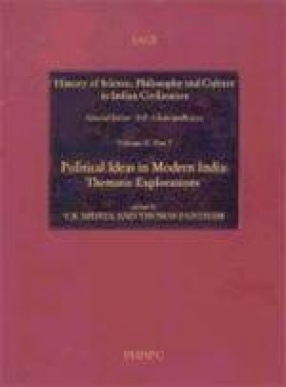
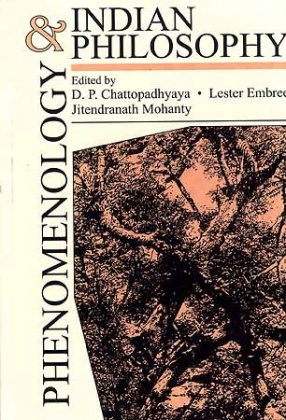
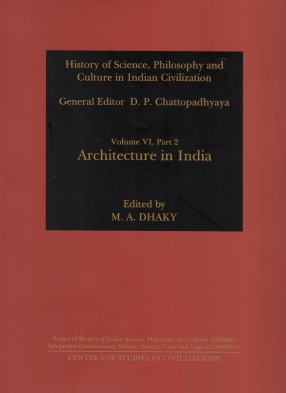
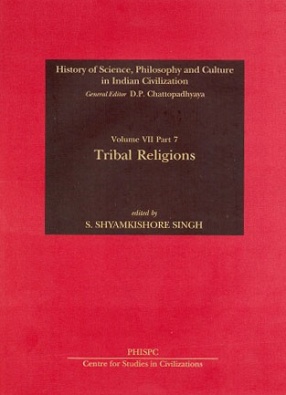

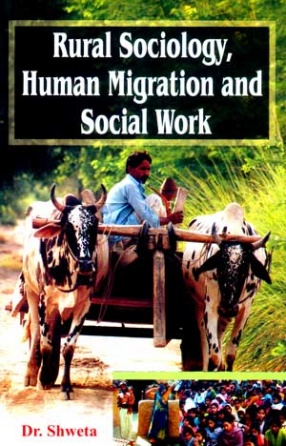
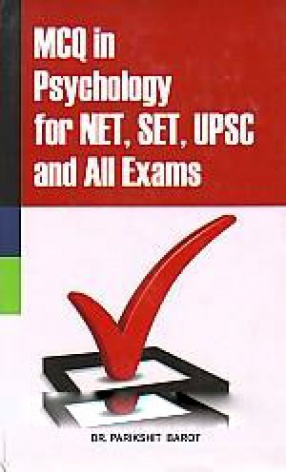
There are no reviews yet.